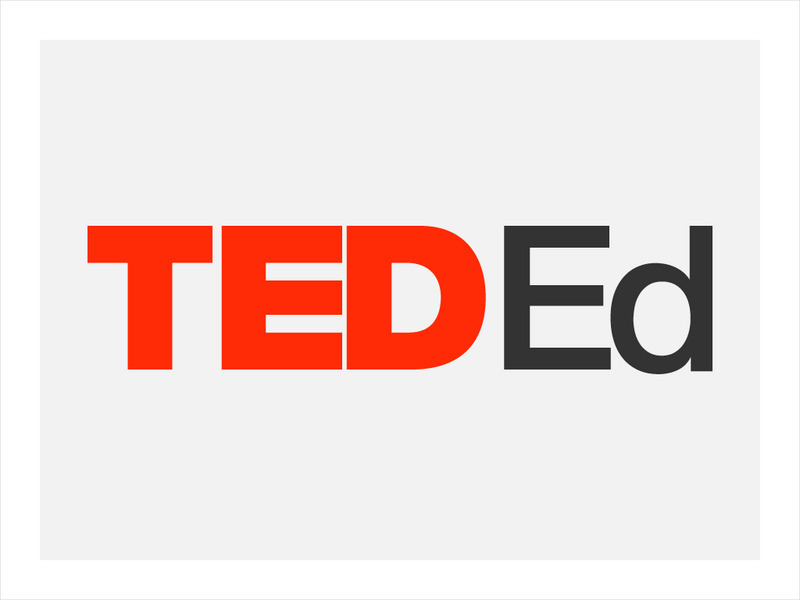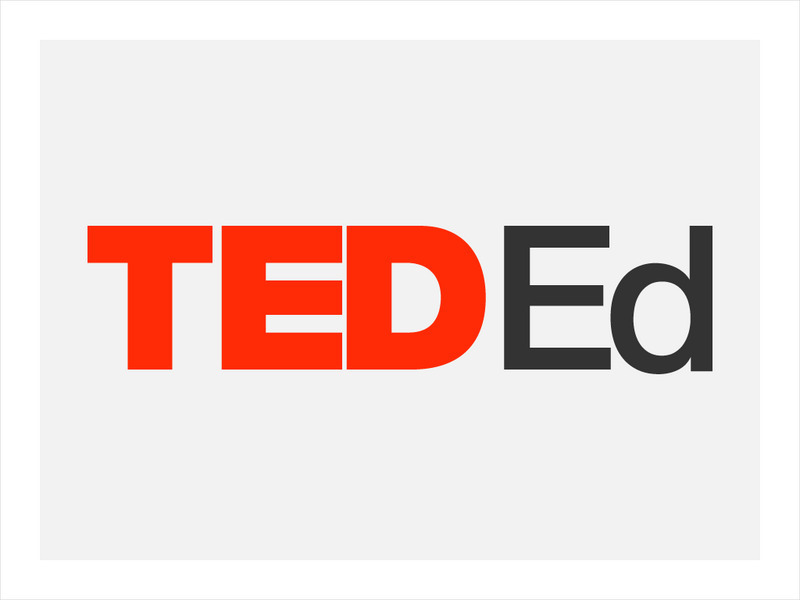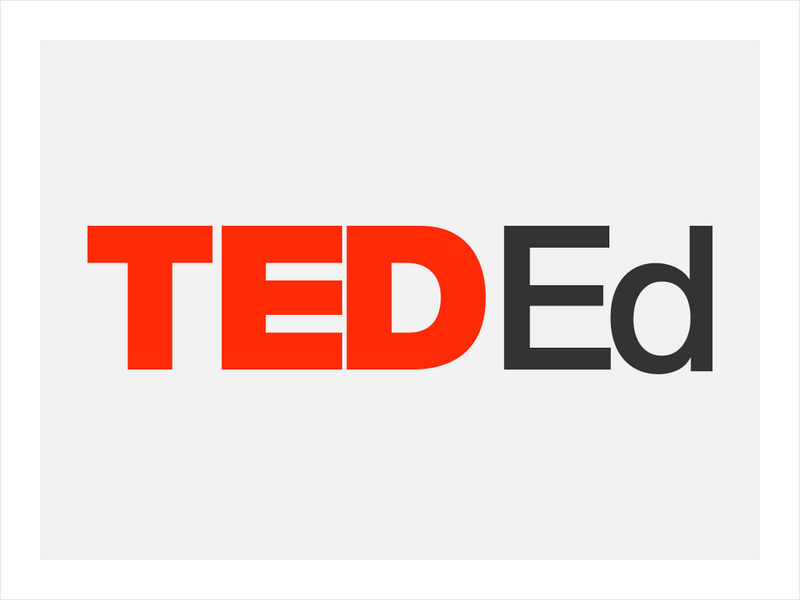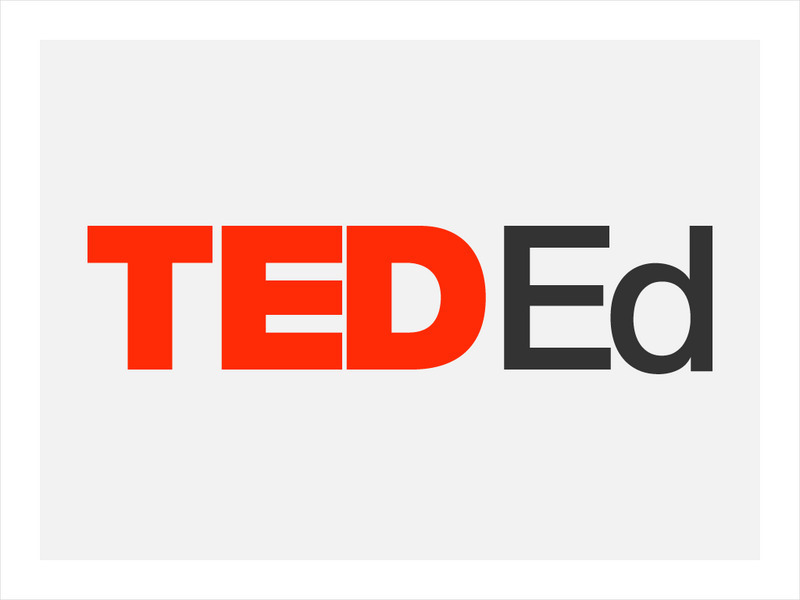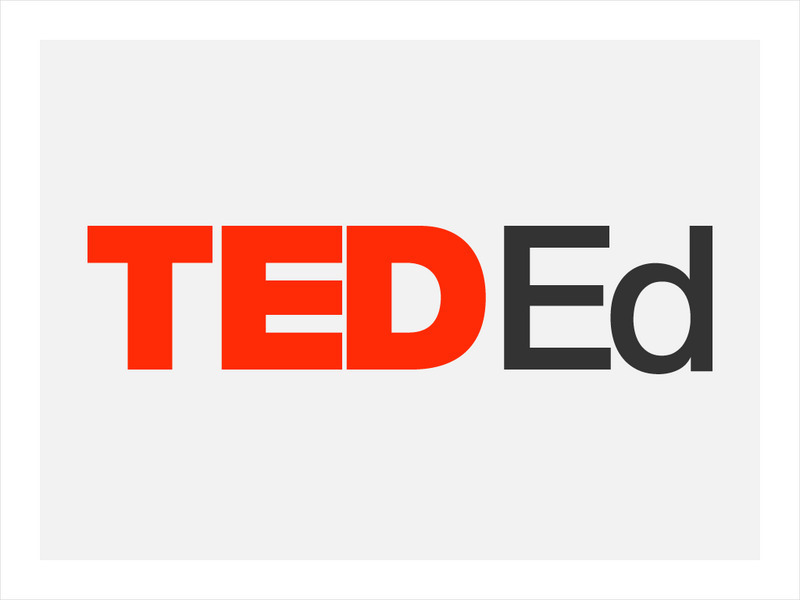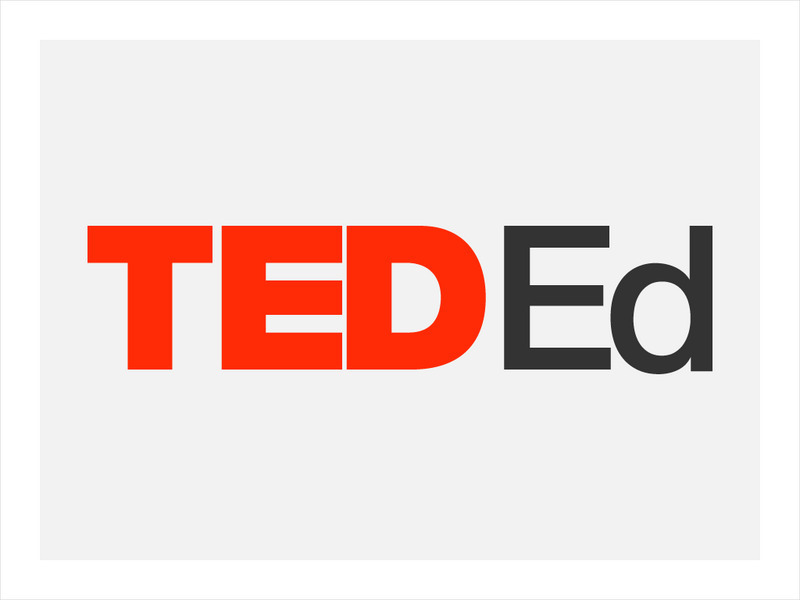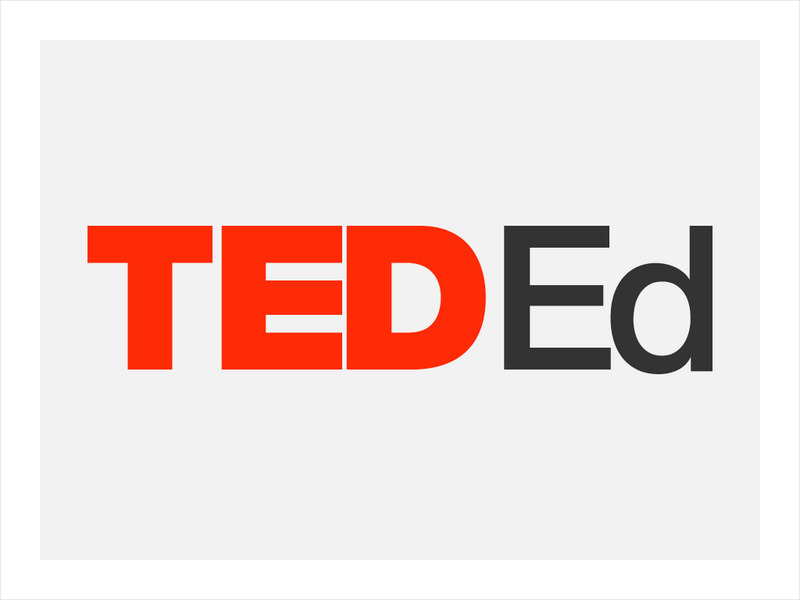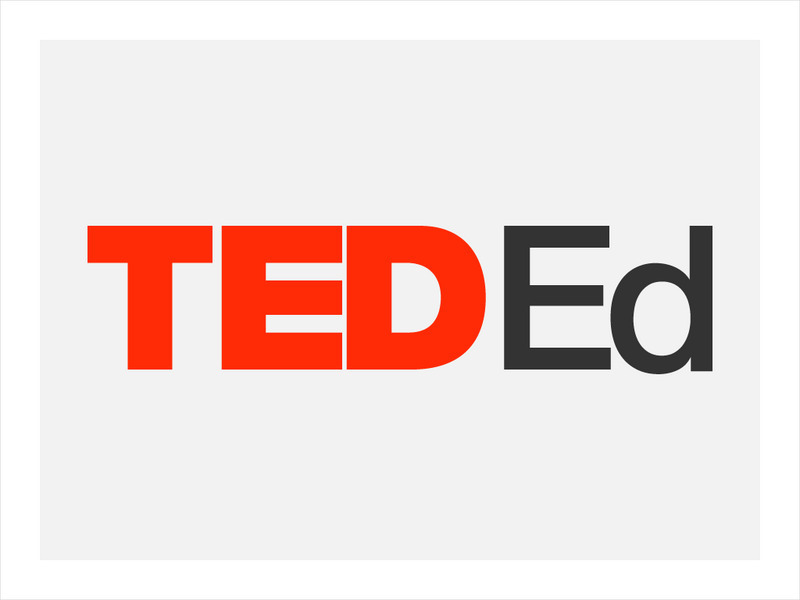TED Talks
Ted: Ted Ed: What Is Epigenetics?
Here's a conundrum: Identical twins originate from the same DNA - so how can they turn out so different? Carlos Guerrero-Bosagna explains that while nature versus nurture has a lot to do with it, a deeper, related answer can be found...
TED Talks
Ted: Ted Ed: Is There a Disease That Makes Us Love Cats?
Today, about a third of the world's population is infected with a strange disease called toxoplasmosis-and most of them never even know it. And while the parasite can multiply in practically any host, it can only reproduce sexually in...
TED Talks
Ted: Ted Ed: Why Do Our Bodies Age?
Human bodies aren't built for extreme aging: our capacity is set at about 90 years. But what does aging really mean, and how does it counteract the body's efforts to stay alive? Monica Menesini details the nine physiological traits that...
TED Talks
Ted: Ted Ed: Why Do People Have Seasonal Allergies?
Ah, spring. Grass growing, flowers blooming, trees budding. For those with allergies, though, this explosion of new life probably inspires more dread than joy. So what's behind this annual onslaught of mucus? Eleanor Nelsen explains what...
TED Talks
Ted: Ted Ed: Ralph Waldo Emerson and the Beauty of the Everyday
Ralph Waldo Emerson taught us about the presence of nature and something a little divine inside all of us; simultaneously helping usher in what was considered, "America's intellectual declaration of independence." [10:52]
TED Talks
Ted: Ted Ed: Are You a Good Listener?
We hear a lot about how to speak well in public, but very little about how to learn the equally important art of listening properly to others. This video describes four steps to becoming a good listener. [4:57]
TED Talks
Ted: Ted Ed: The Surprising Reason You Feel Awful When You're Sick
It starts with a tickle in your throat that becomes a cough. Your muscles begin to ache, you grow irritable, and you lose your appetite. It's official: you've got the flu. It's logical to assume that this miserable medley of symptoms is...
TED Talks
Ted: Ted Ed: How to Spot a Fad Diet
Conventional wisdom about diets, including government health recommendations, seems to change all the time. And yet ads routinely come out claiming to have THE answer about what we should eat. So how do we distinguish what's actually...
TED Talks
Ted: Ted Ed: The Philosophy of the Buddha
The Buddha's philosophy teaches us that our desires are at the root of our restlessness- and that calm can be achieved through willpower and spiritual exercise. [5:43]
TED Talks
Ted: Ted Ed: How Do Glasses Help Us See?
Today, glasses help millions of people with poor vision be able to see clearly. But how? Andrew Bastawrous and Clare Gilbert help unravel the answer by explaining refraction- the ability of a transparent medium, like glass, water, or the...
TED Talks
Ted: Ted Ed: The Power of the Placebo Effect
Emma Bryce dives into the mystery of placebos' bizarre benefits. [4:37]
TED Talks
Ted: Ted Ed: What Would Happen if You Didn't Drink Water?
Mia Nacamulli details the health benefits of hydration. [4:51]
TED Talks
Ted: Ted Ed: The Psychology of Narcissism
W. Keith Campbell describes the psychology behind the elevated and sometimes detrimental self-involvement of narcissists. [5:10]
TED Talks
Ted: Ted Ed: The Science of Skin Color
Angela Koine Flynn describes the science of skin color. [4:53]
TED Talks
Ted: Ted Ed: Why Do We Love? A Philosophical Inquiry
Skye C. Cleary outlines five philosophical perspectives on why we love. [5:45]
TED Talks
Ted: Ted Ed: The Immortal Cells of Henrietta Lacks
Imagine something small enough to float on a particle of dust that holds the keys to understanding cancer, virology, and genetics. Luckily for us, such a thing exists in the form of trillions upon trillions of human, lab-grown cells...
TED Talks
Ted: Ted Ed: The Beneficial Bacteria That Make Delicious Food
Erez Garty shows how your kitchen functions as a sort of biotechnology lab, manned by microorganisms that culture your cuisine. [4:39]
TED Talks
Ted: Ted Ed: How Menstruation Works
At this moment, three hundred million women across the planet are experiencing the same thing: a period. The monthly menstrual cycle that gives rise to the period is a reality that most women on Earth will go through in their lives. But...
TED Talks
Ted: Ted Ed: How Do Carbohydrates Impact Your Health?
The things we eat and drink on a daily basis can impact our health in big ways. Too many carbohydrates, for instance, can lead to insulin resistance, which is a major contributor to cardiovascular disease and Type 2 Diabetes. But what...
TED Talks
Ted: Ted Ed: What Is Depression?
Helen M. Farrell examines the symptoms and treatments of depression, and gives some tips for how you might help a friend who is suffering. [4:29]
TED Talks
Ted: Ted Ed: How Stress Affects Your Brain
Madhumita Murgia shows how chronic stress can affect brain size, its structure, and how it functions, right down to the level of your genes. [4:16]
TED Talks
Ted: Ted Ed: How Memories Form and How We Lose Them
Think back to a really vivid memory. Got it? Now try to remember what you had for lunch three weeks ago. That second memory probably isn't as strong- but why not? Why do we remember some things, and not others? And why do memories...
TED Talks
Ted: Ted Ed: Do Animals Have Language?
All animals communicate. But do they have language? Michele Bishop details the four specific qualities we associate with language and investigates whether or not certain animals utilize some or all of those qualities to communicate. [4:55]
TED Talks
Ted: Ted Ed: What Is a Calorie?
Emma Bryce explains how a few different factors should go into determining the recommended amount of calories for each person. [4:12]

